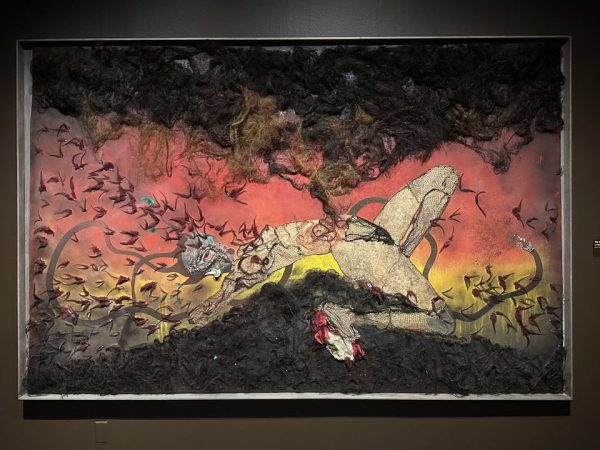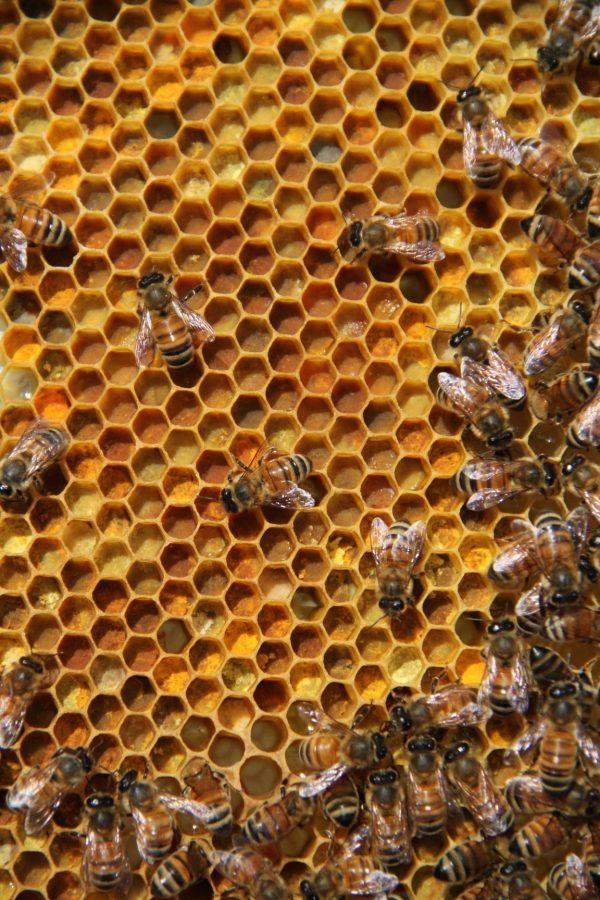Tulane Apiculture Society creates buzz on campus
Tulane Apiculture Society handles bees like those pictured above in their club activities. The club has just been formed on Tulane’s campus.
January 28, 2015
Stand still, do not wear black or yellow and try not to leave sugary food out in the summertime. All three precautions spark childhood memories as strategies to keep bees out of our lives. The Tulane Apiculture Society, however, is working to create a different perspective on bees.
President Abby Young said she believes the club can have an impact on campus and wants to encourage Tulane’s community to realize all that bees do.
“This semester we have been working with the faculty here at Tulane to get people interested in beekeeping,” Young said. “Ideally, we would want to keep bees on campus, but that is more of a long-term goal, especially because we would have to find a place on campus for stinging insects where people could not mess with them.”
The group set out to troubleshoot solutions to getting students access to a living bee colony. Currently, the club members are tending to bee hives at their respective hometowns.
“This semester we are just trying to get people interested,” Young said. “One professor that we are working with is interested in getting hives at his house. Right now we are really trying to get that together and get bees and supplies over there.”
The goal is to use those bees to make students more aware of the benefits of bees. Vice President Darcy Gray said there could be opportunities for the community to interact with the bees.
“Hopefully, if we get the bees set up at the professor’s house, we can schedule hive visits and bring people who are interested,” Gray said. “[We can show them] more about it and see how it actually works.”
The Apiculture Society believes that it has facts that could change the way students think about honeybees.
“Every third bite of food that you put in your mouth is provided thanks to pollination by honeybees,” Gray said. “The fact that pesticides threaten the species right now applies to more than just the honey industry.”
The club meets every Wednesday, but there have been some special events as well. The club screened a documentary called “The Vanishing of the Bees.”
“I like how excited people get when I talk to them about it because for me that means that there is a lot of interest there about apiculture,” Gray said. “We are hoping to have more events for people to get involved in.”
Community Outreach Coordinator Jillian Singer said the club will deliver information via its Facebook page and encourages students who are interested to visit the site.






















Leave a Comment